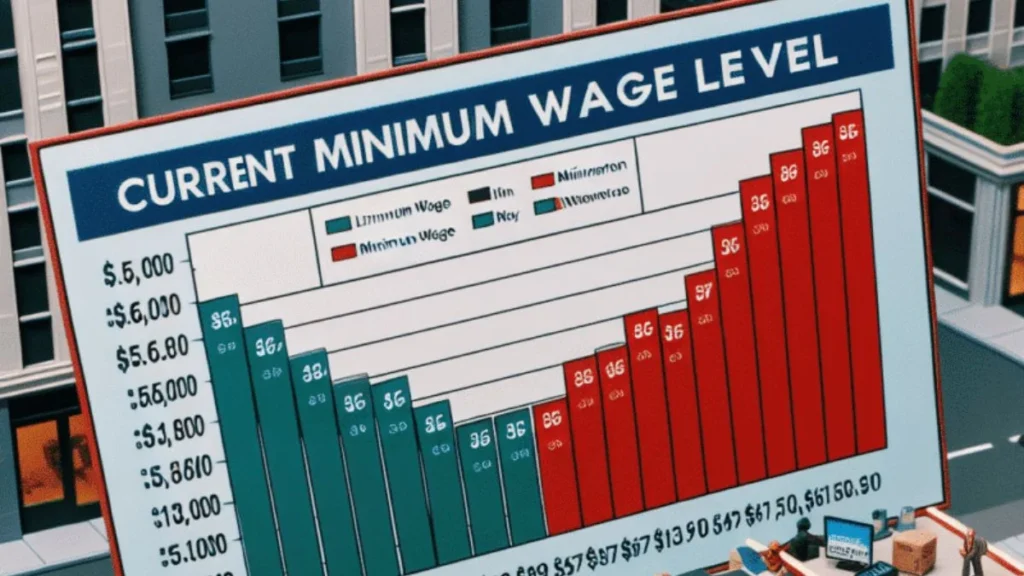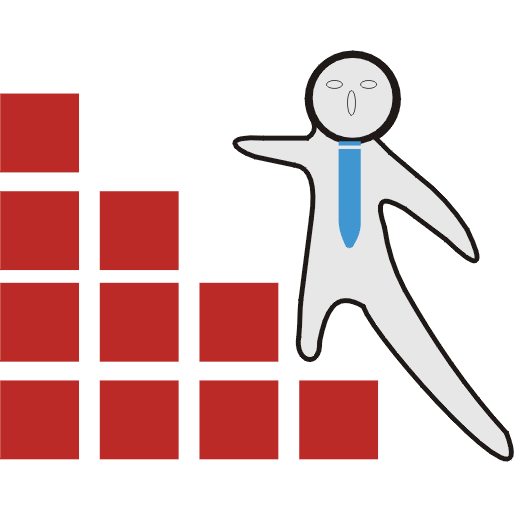
Introduction
The minimum salary in New Jersey is $14.13, consistent with hours. This amount is part of a phased increase technique that aims to reach $15 in keeping with the hour used in 2024. New Jersey minimal wage law applies to the maximum number of employees in the country, with a few exceptions, which include seasonal workers and certain styles of tipped personnel. Understanding the minimal salary and its implications for workers and companies is vital in assessing the economic landscape of New Jersey. This article will delve deeper into the minimal wage records in New Jersey, particular exemptions, current adjustments, and the overall effect on people and the financial system.
Historical Context of Minimum Wage in New Jersey
The adventure to the present-day minimum salary in New Jersey has been fashioned using numerous legislative modifications. Initially established in the Nineteen Sixties, national lawmakers have periodically elevated the salary to mirror changes in the cost of living and the monetary weather. Significant milestones encompass the implementation of the New Jersey Minimum Wage Act and subsequent increases that added the wage from $7.25 in 2014 to the cutting-edge $14.13.
Current Minimum Wage Rates
- Standard Minimum Wage: $14.Thirteen, according to an hour
- Minimum Wage for Tipped Employees: $5.26 per hour (as of, with pointers bringing overall earnings to at least $14.13)
- Training Wage: $11.93 in keeping with hours for employees under 18 years old in their first 120 days of employment
Exemptions to the Minimum Wage Law
While the minimal salary law is complete, certain categories of people are exempt. These commonly include:
- Seasonal employees: Workers in seasonal industries may additionally have unique wage structures.
- Tipped personnel: Employees whose profits predominantly come from tips can be paid a decreased base wage.
- Employees on certain federal programs: Some positions funded through federal presents may have extraordinary wage requirements.
- Workforce in specific industries: Certain sectors may be challenged by unique regulations.
Impact on Workers and the Economy
The increase in minimum wage in New Jersey has sparked various debates regarding its impact on employees and the economy statewide. On the one hand, proponents argue that a better minimal salary improves residing requirements for low-income employees, reduces poverty, and stimulates local economies via expanded spending on electricity. Conversely, a few economists express concerns that big hikes may cause task loss or extended charges, mainly for small businesses that perform on narrow income margins.
Research shows that increasing the minimum wage has helped lessen turnover rates and elevated morale among personnel, leading to more suitable productivity. A study by Rutgers University observed effective correlations between better wages and decreased worker absenteeism in New Jersey.
Comparative Analysis: New Jersey vs. Neighboring States
New Jersey tends to align with or exceed the minimum salary charges of neighbouring states, including New York and Pennsylvania:
- New York: $15.00, consistent with the hour
- Pennsylvania: $7.25 per hour
- Connecticut: $15.00 in line with hour
This evaluation underscores New Jerseys dedication to retaining aggressive wage stages that help the welfare of its personnel.
Future Projections
Looking ahead, the minimum wage in New Jersey is scheduled to increase to $15 per hour through 2024. This development is part of a broader trend throughout the US, with an increasing number of states and cities choosing to raise their minimal salary fees. Continuous checks can be important to evaluate the effectiveness of those increases and their effect on various sectors of the economy.
FAQ about What is The Minimum Wage in New Jersey
What is the cause of increasing the minimal wage in New Jersey?
Increasing the minimum wage ambitions to beautify the dwelling standards for low-wage employees, address profits inequality, and boost the nearby economy via accelerated purchaser spending.
Are there one-of-a-kind minimum wage prices for diverse styles of employment in New Jersey?
Yes, New Jersey has differentiated minimum salary charges for tipped personnel, seasonal people, and people undergoing training.
When will the minimum wage attain $15 in line with hour in New Jersey?
The minimum wage in New Jersey is expected to reach $15 per hour by means of 2024 as part of the slow growth applied by way of country lawmakers.
What are the consequences of not adhering to minimum wage laws in New Jersey?
Employers who fail to conform to New Jerseys minimal wage laws may face penalties, which includes fines, unpaid wages to personnel, and potential prison action.
Conclusion
The minimal salary in New Jersey is a vital component of the nation’s exertions laws that influence the staff and the entire financial system. As the nation progresses closer to a $15 minimum wage, understanding the nuances of this law might be important for each personnel and employer. By empowering people with affordable dwelling wages and studying the broader financial effect, New Jersey aims to foster an equitable administrative centre.

Say Job City in Pakistan for today latest jobs opportunities in private and Govt departments. View all new Government careers collected from daily. sayjobcity.com